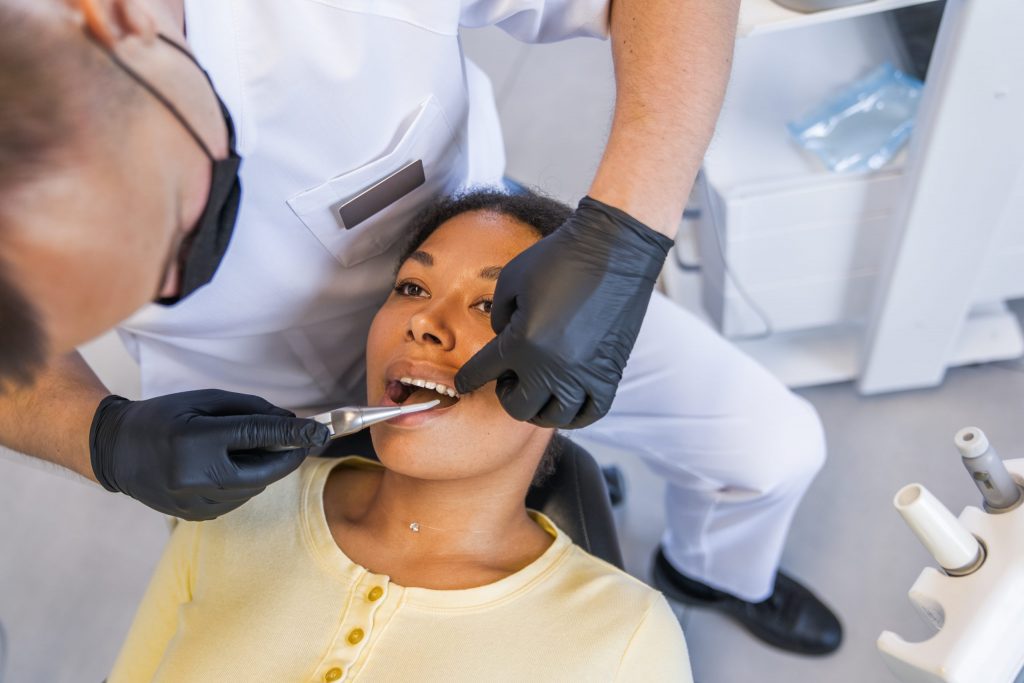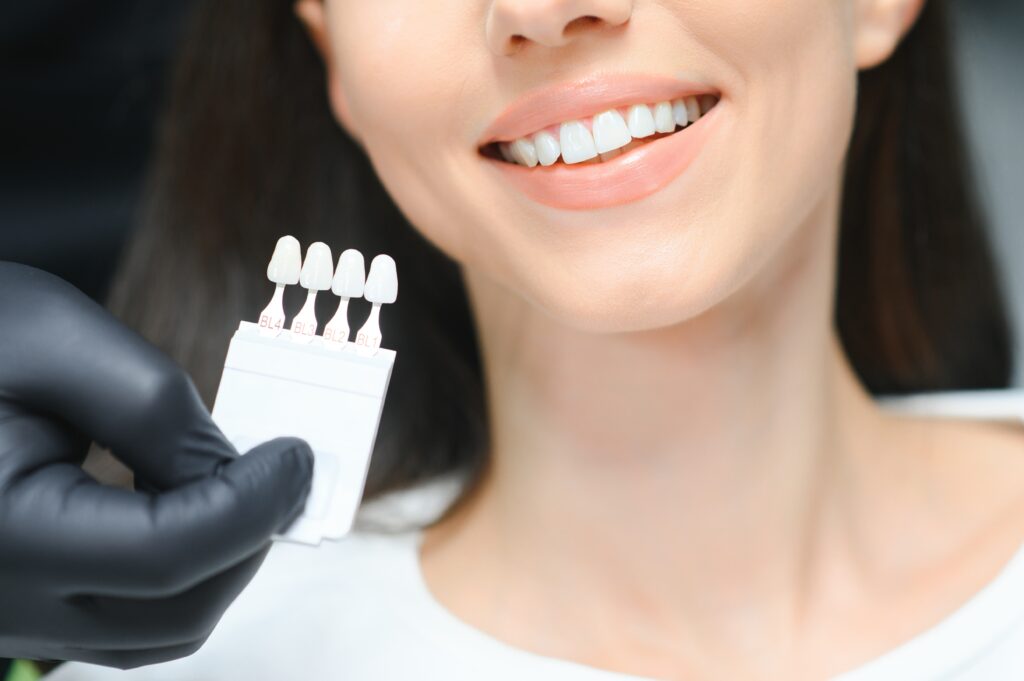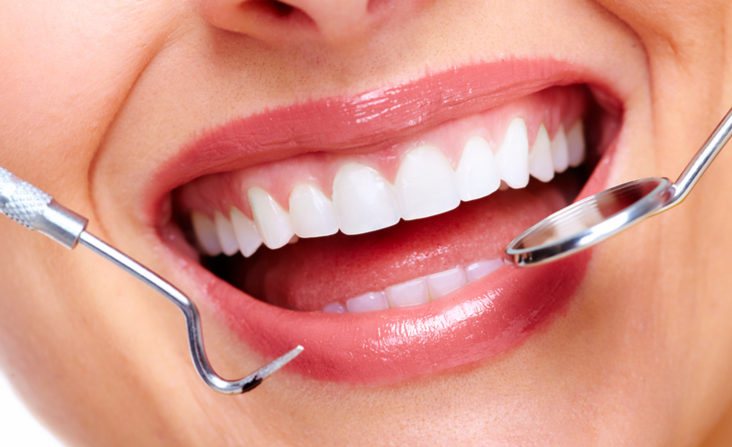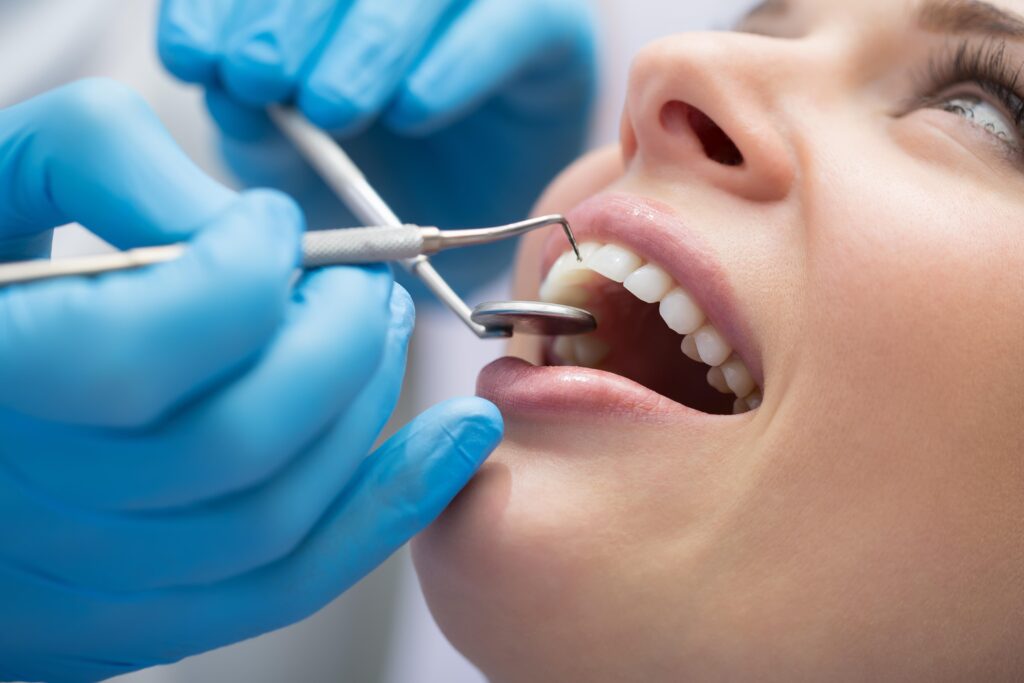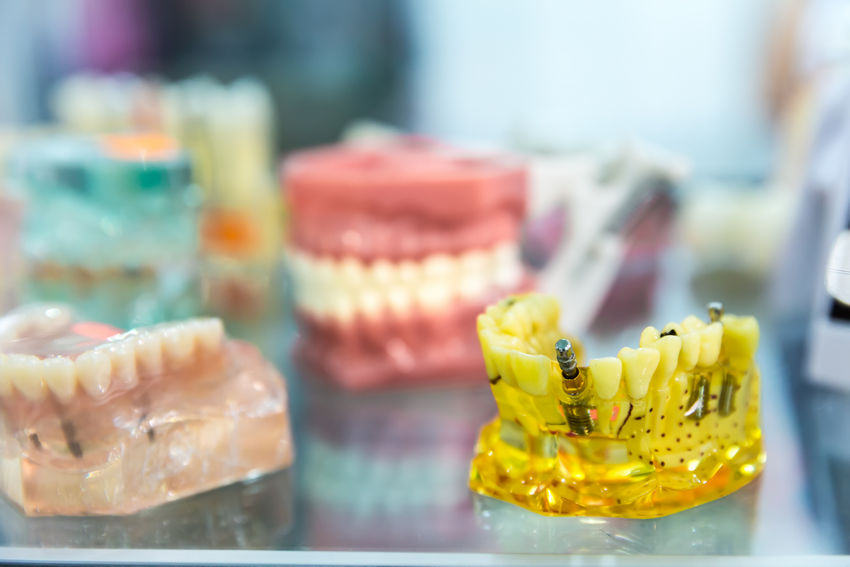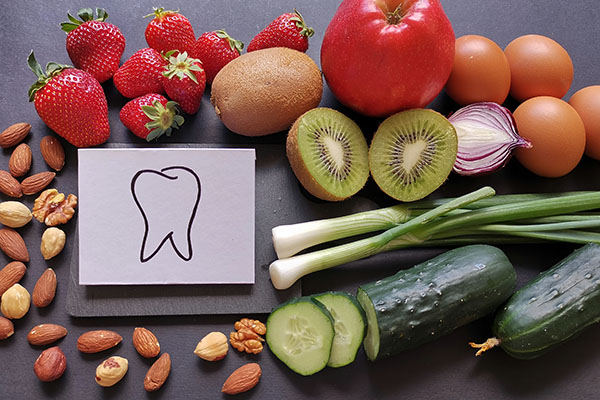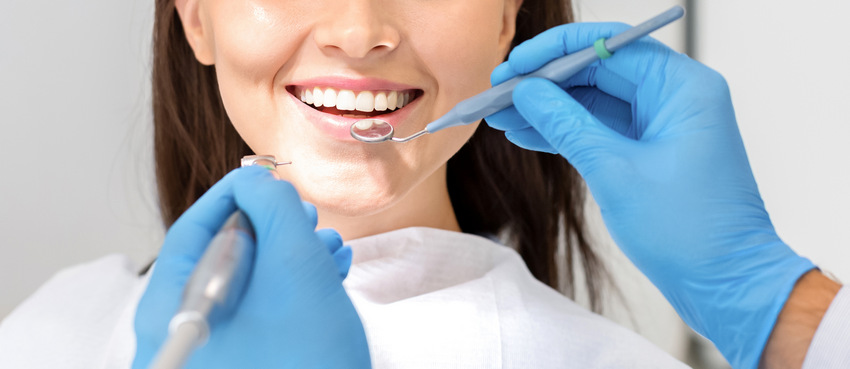
When your teeth and mouth are in great shape, you don’t notice anything when you’re eating aside from the wonderful flavors. You almost take it for granted.
But when dental problems strike, you suddenly realize just how much you’ve been taking good oral health for granted as you struggle to eat your favorite foods and you swear you’ll keep your teeth and mouth in great shape from here on out.
Whether it’s a toothache that makes chewing difficult, teeth sensitivity to hot and cold, or orthodontic appliances like braces catching half the food you eat between the wires, eating can be a challenge when you’re having dental issues.
Fortunately, you don’t have to choose between pain/frustration or starving. You’ve got plenty of options, no matter the dental issue.
Orthodontic Appliances
Braces are one of the most common types of orthodontic appliances. They’re delicate; foods that are chewy, sticky, crunchy, or hard can damage them easily or get stuck in them. Avoid consuming things like
Hard candy
Chewy candy
Gum
Nuts
Popcorn
Frozen fruit
Raw veggies (like broccoli, carrots, etc.)
Granola bars
Hard pretzels
Hard bread, like pizza crust
Ice
In addition to braces being delicate, they can also be painful during the first few days following each adjustment. Your best bet is soft, non-chewy foods like
Pasta
Scrambled eggs
Mashed potatoes
Oatmeal
Protein shakes
Leafy greens
Ripe fruits (besides apples)
Rice
Soup
Pancakes
Soft bread
Tooth Sensitivity
Sensitive teeth really make eating a pain. One wrong move while eating your ice cream could send a freezing jolt of agony through your teeth.
Of course, your teeth can be sensitive to hot foods as well.
With these in mind, avoid consuming hot or cold foods to the best of your ability. Of course, you won’t be able to completely cut out delicious cold foods like ice cream or hot foods like soup, so do your best to let it cool off or warm-up. Also, try to bypass your teeth as much as possible with these.
Minimize consumption of acidic food and drink like citrus fruit, coffee, tea, orange juice, etc. In addition, use toothpaste meant for sensitive teeth and a soft-bristled toothbrush when brushing.
Dry Mouth
Persistent dry mouth is not normal. Contact your dentist right away if you experience dry mouth for an abnormal amount of time. In the meantime, do the following:
Drink water regularly throughout the day
Avoid tobacco and alcohol
Avoid coffee, tea, and other caffeinated drinks – these can dry your mouth out more
Chew sugarless gum to encourage saliva production
Oral Surgery
During recovery from oral surgery, eating can be especially tough. Nutrition needs will differ from person to person and depend on things like what procedure you had done, how extensive your procedure was, and your nutrition before the procedure occurred.
That being said, since eating’s going to be harder than normal, you’ll want to get as many nutrients as possible for every bite. Go for soft yet nutrient-rich foods like
Leafy greens
Vegetable soups
Yogurt
Ripe fruits (aside from apples)
Cooked vegetables
Soft-cooked meats
Fish
Peanut butter
Soft bread
Mashed potatoes
By going for these and other nutrient-rich food sources, you can spend less time struggling with eating without missing out on vital nutrients.
For some dental issues, such as braces, you just have to live with it for a while and be more careful with food choices.
However, things like dry mouth or tooth sensitivity could have more serious consequences than you being unable to eat your favorite foods.
If you’re experiencing dry mouth, tooth sensitivity, toothaches, or gum sensitivity, contact Absolute Smile right away. We want to address these issues as early as possible to avoid more serious problems in the future.


